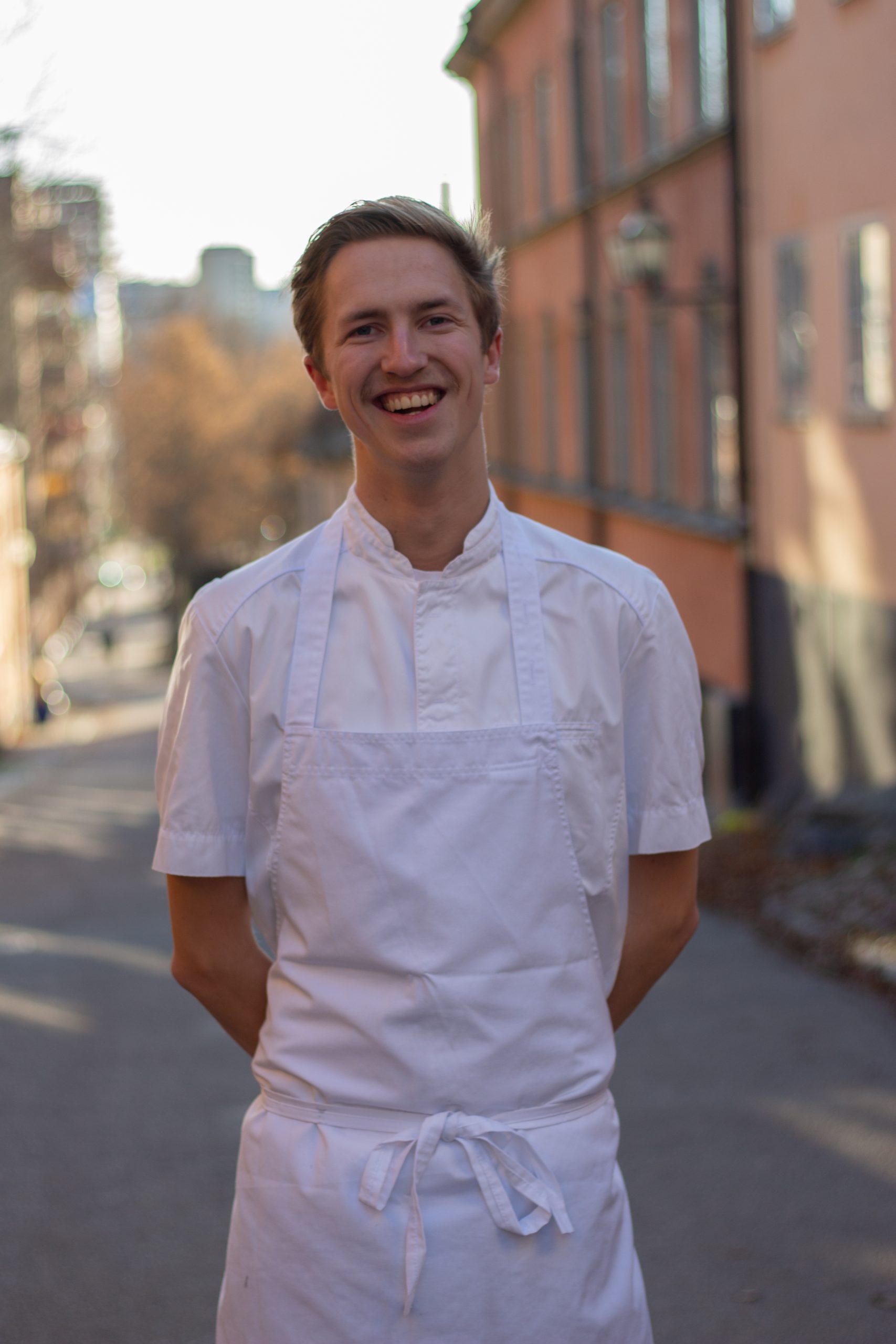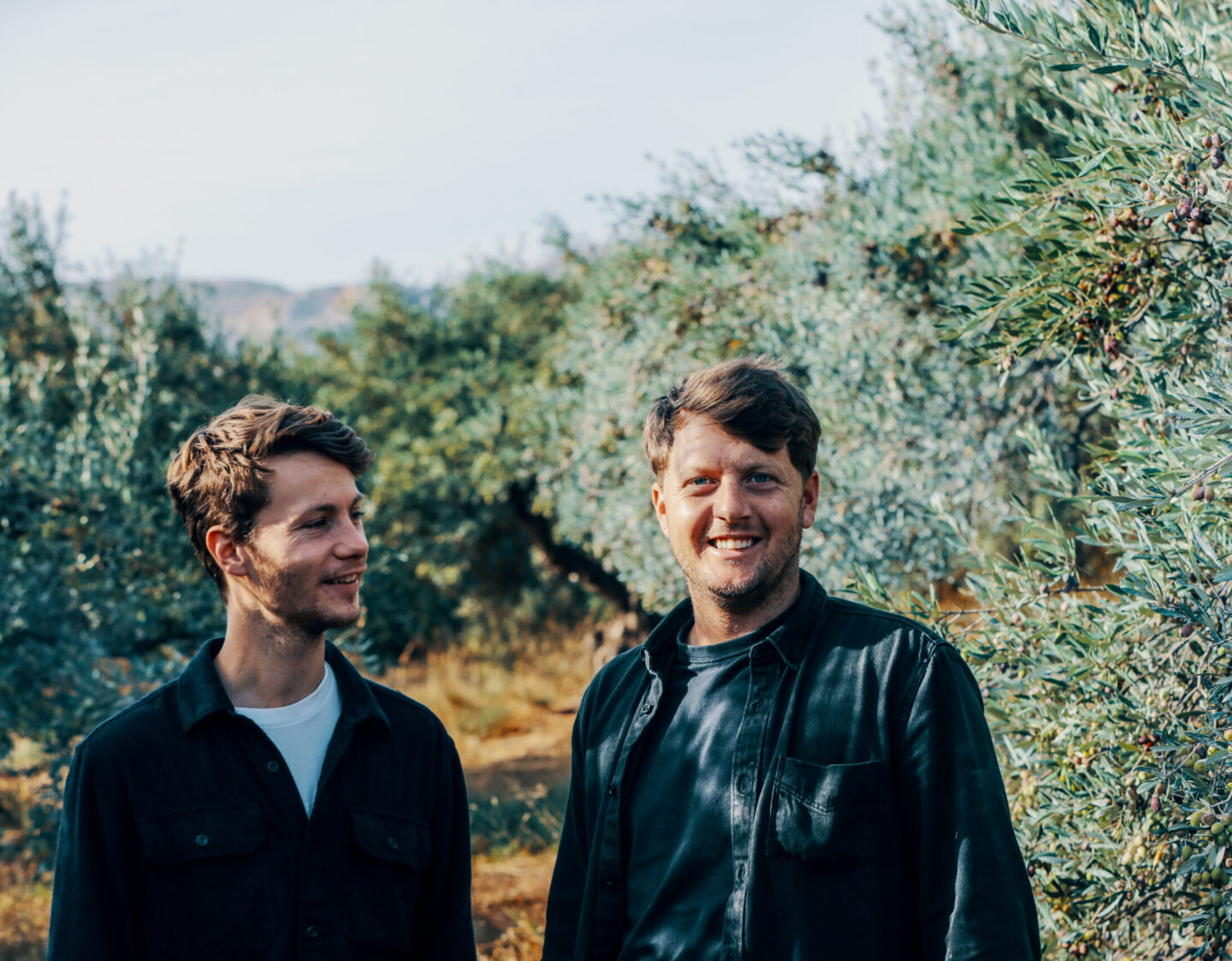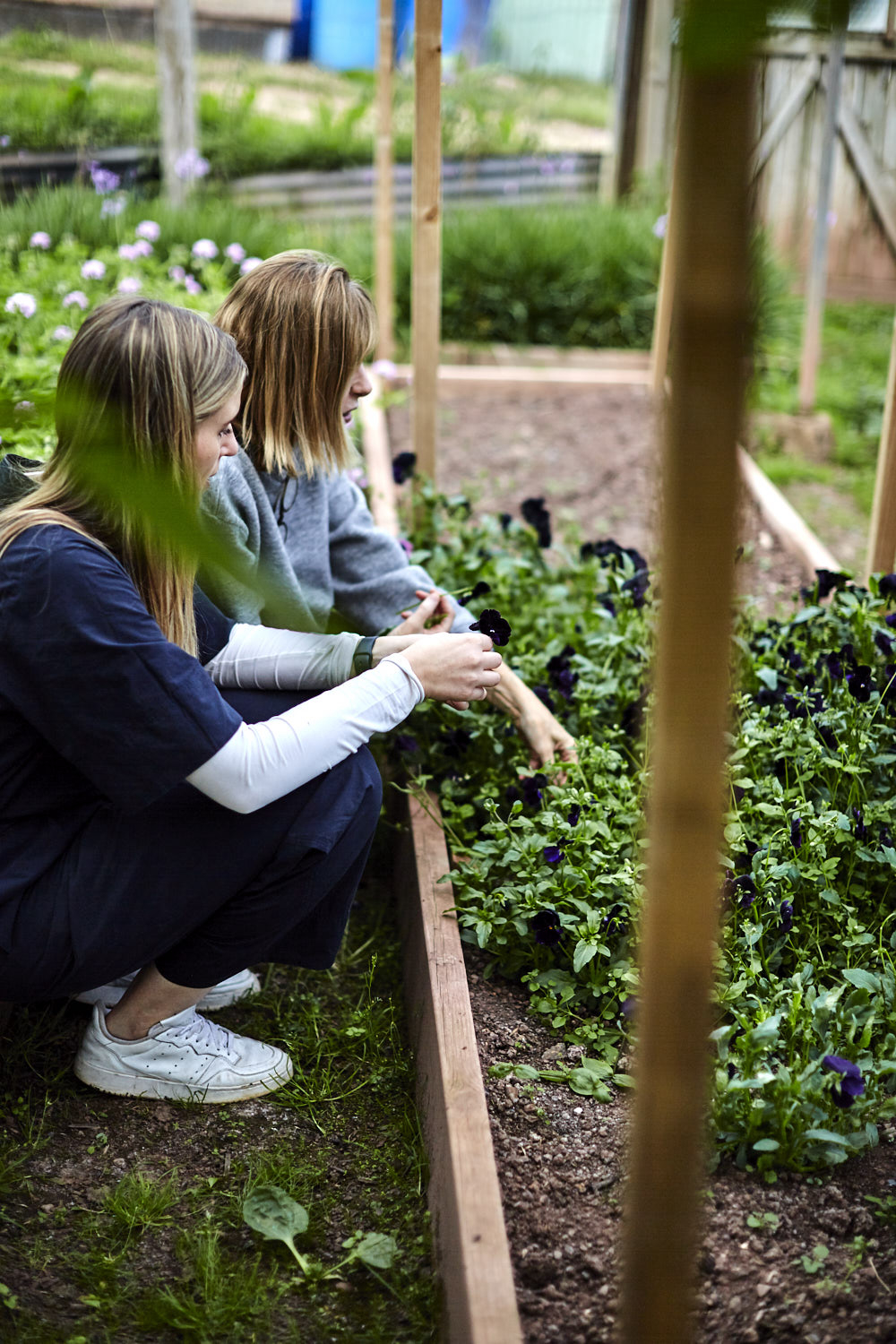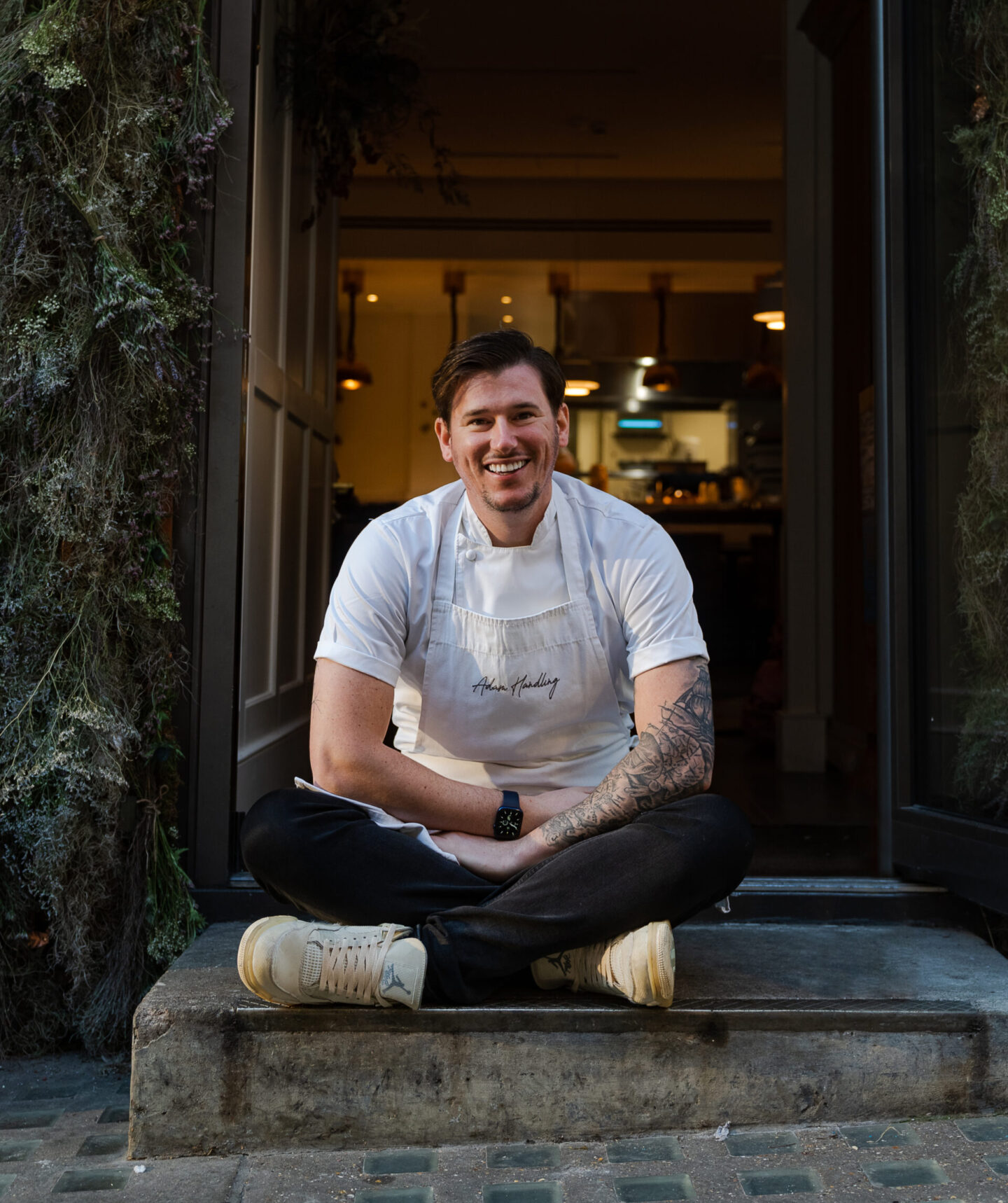A talk with 360°Young Chef nominee William Carlström

What’s your story? When did you start out as a chef?
As a child, I loved to spy on the chefs from my table. As a chef, I love to spy on the guests to see the reactions in their faces as they take their first bite, see their smiles, and how they can connect with each other because of it. Simply put, I became a chef because it allows me to make people happy through food. At 15 years old, I stepped into the industry for the first time, working at my local meat supplier, and learned how to make sausage. I started at Vackstanäsgymnasiet in 2012, where 50% of the program is internships at restaurants. To my great disappointment, I received an internship at a restaurant part of a conference center. So, I decided to take matters into my own hands and look for restaurants to intern at that were like the ones I had dreamed of. With the confidence of a determined teenager, I knocked on the door of Mathias Dahlgren, and by my firm request and a little luck, I got to speak with Mathias, who gave me my first internship at Matsalen. The year after that, I had my second internship at Esperanto. Following my graduation, I worked at Operakällaren for one and a half years and learned a lot. Following that, I worked at Punk Royal for about eight months before deciding to obtain new experiences by moving to Copenhagen and started working at Kong Hans Kælder. After a year of dedicated work, I got my current job as CDP at Aira and moved back to Stockholm.
What’s your role at the restaurant Aira today?
My current position is Chef de Partie, particularly in the hot kitchen. This position entails cooking and operating all the proteins and sauces, along with working with a wood stove and grill. I take pride in doing my job to the best of my ability every day. I also take pride in having a positive attitude and helping and encouraging coworkers if time allows it. I see the chef profession as one where teamwork plays a huge and essential role.
Tell us about your focus or mission as a chef.
My mission for being a chef is, and always has been, to make people happy through great food. Whether it is a couple on their first date or a family coming together for a meal, it brings me joy to see that my profession can make people happy.
Like many chefs, I want the kitchen I’m working in to create good food and happy experiences for the guests. But I am also determined to make the kitchen I am working in a comfortable place for everyone working in it. My goal and dream is to one day take the knowledge I have obtained through my experiences and bring them into a restaurant of my own.
I believe that I, as a chef working in a restaurant kitchen or one day running one on my own, have the responsibility to function in a way that is not only environmentally sustainable but also socially sustainable.
To be a sustainable chef is to be a sympathetic and understanding chef to the environment and to co-workers. It means to possess a moral attitude that makes colleagues feel respected and appreciated, no matter their gender or background. It also means to view chefs as people with a life outside of the restaurant. This is something that I want to bring into my own restaurant one day — creating a work environment with fair hours that is sustainable for the employees so we can then focus on being economically and environmentally sustainable.
Tell us, when it comes to sustainable considerations, how you want to work as a chef.
To me, sustainability within a restaurant has a lot to do withwhere and how we get our produce, but most importantly, what we do with it.
As a chef, I always want to change, grow, challenge myself, and be challenged. In terms of sustainability, I think it is important to always question myself in my decision making. Are there ways to reuse or reduce the produce in order to lower waste?
The second aspect is the source of the produce. Can we lower the carbon footprint by obtaining locally-sourced produce and create seasonally-based recipes?
To be a sustainable chef today, I believe we have to rethink and challenge how we are currently doing things. Partly by looking at history and how farmers were sustainable and adapted their recipes for after the season and when ingredients were unavailable. Partly by looking ahead at new ways of taking care of waste and compost.
What I have mentioned above are a few ways to cook sustainably. In 2020, certain chefs and restaurants have already shown that sustainable cooking is possible. The knowledge exists, the methods exist, what I as a chef want and have the responsibility to do is apply that knowledge to my job, spread awareness, and bring it into my future restaurant.


